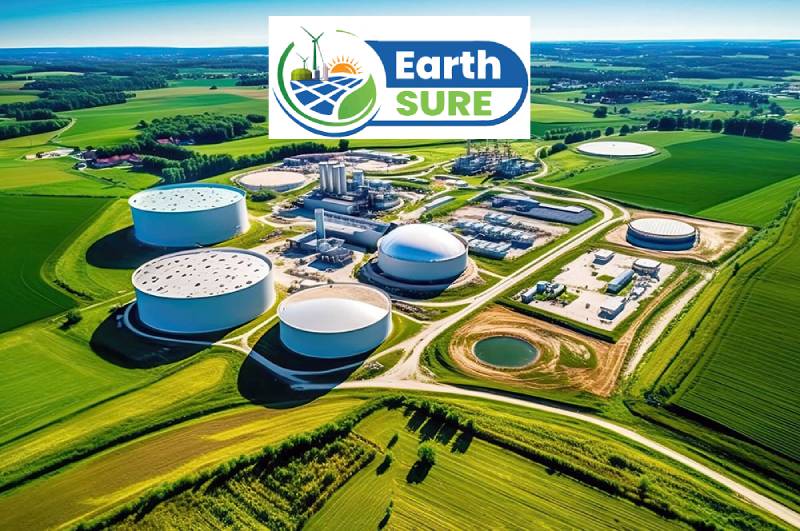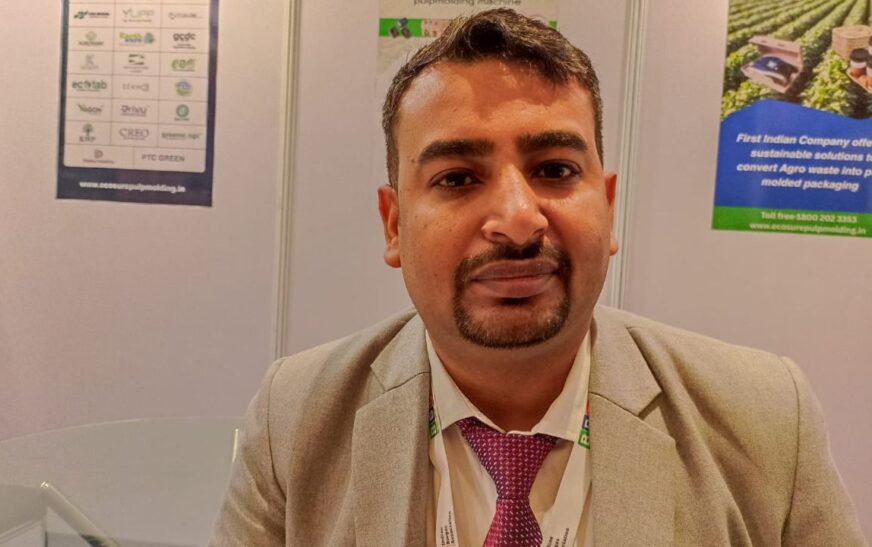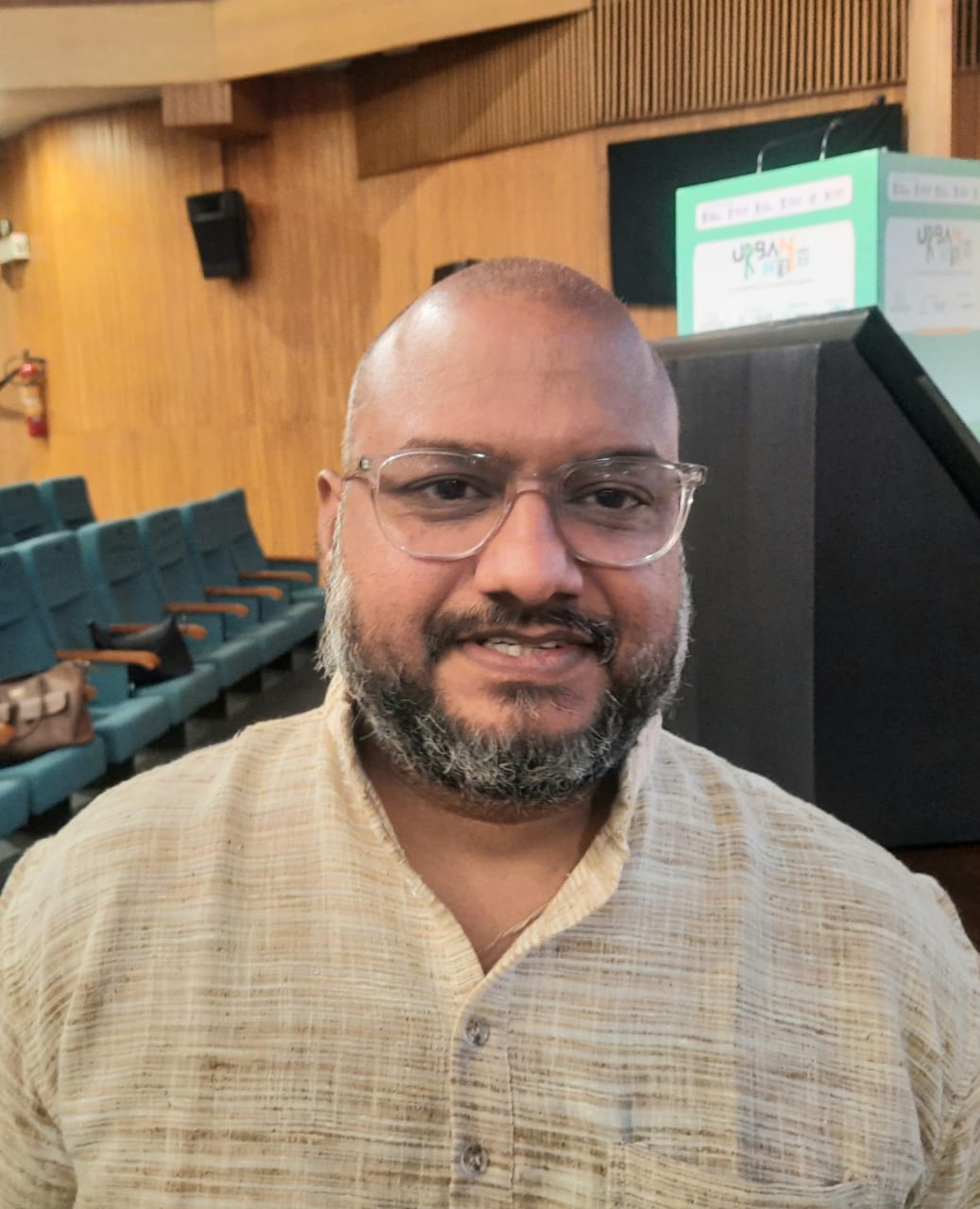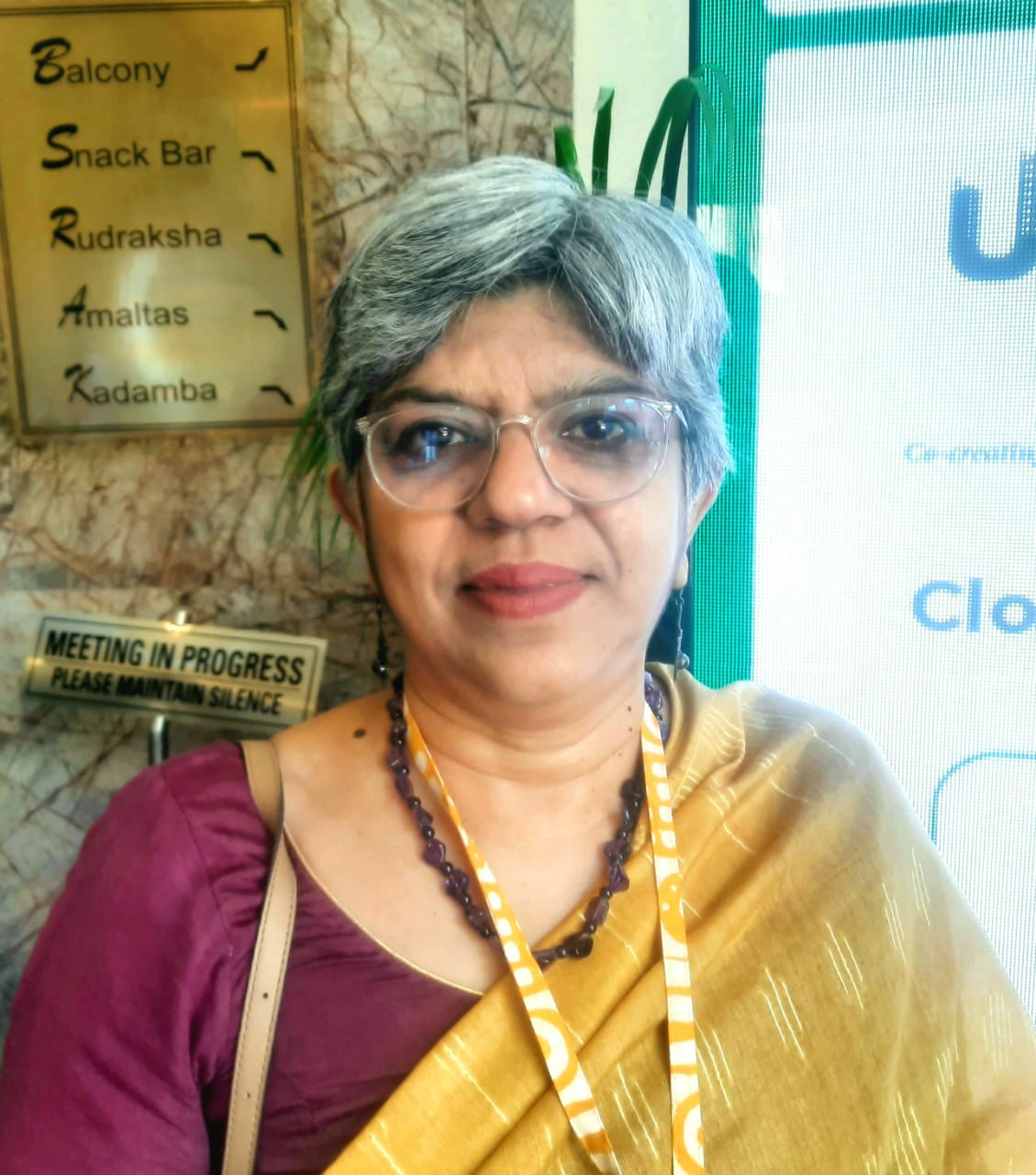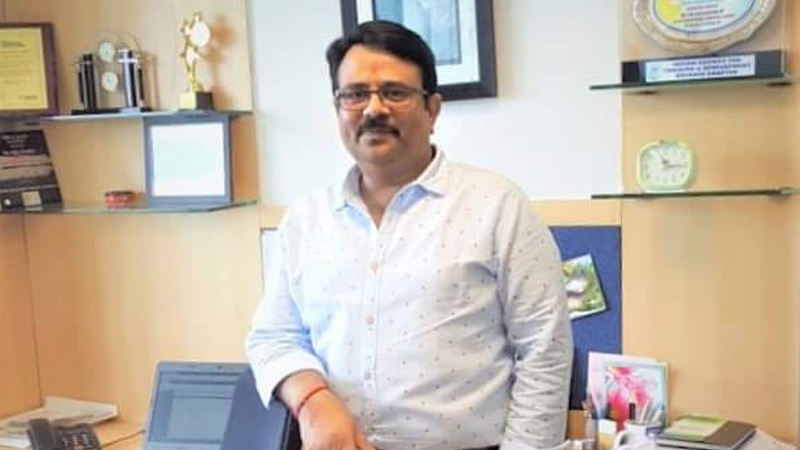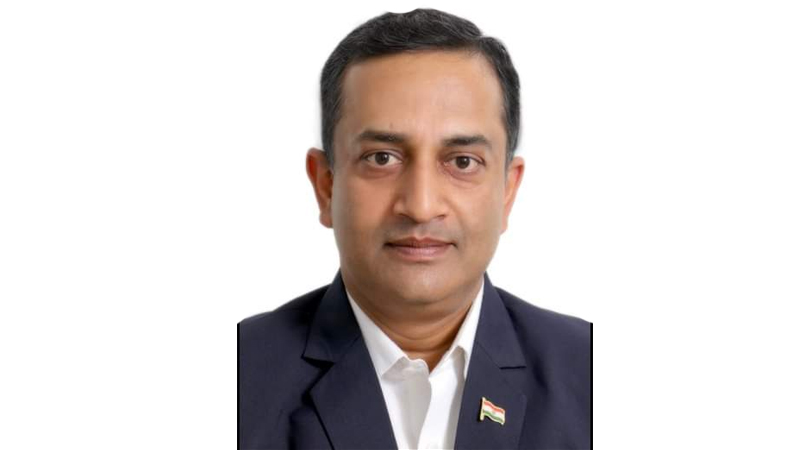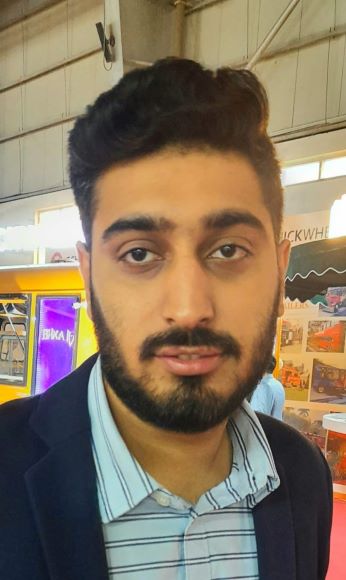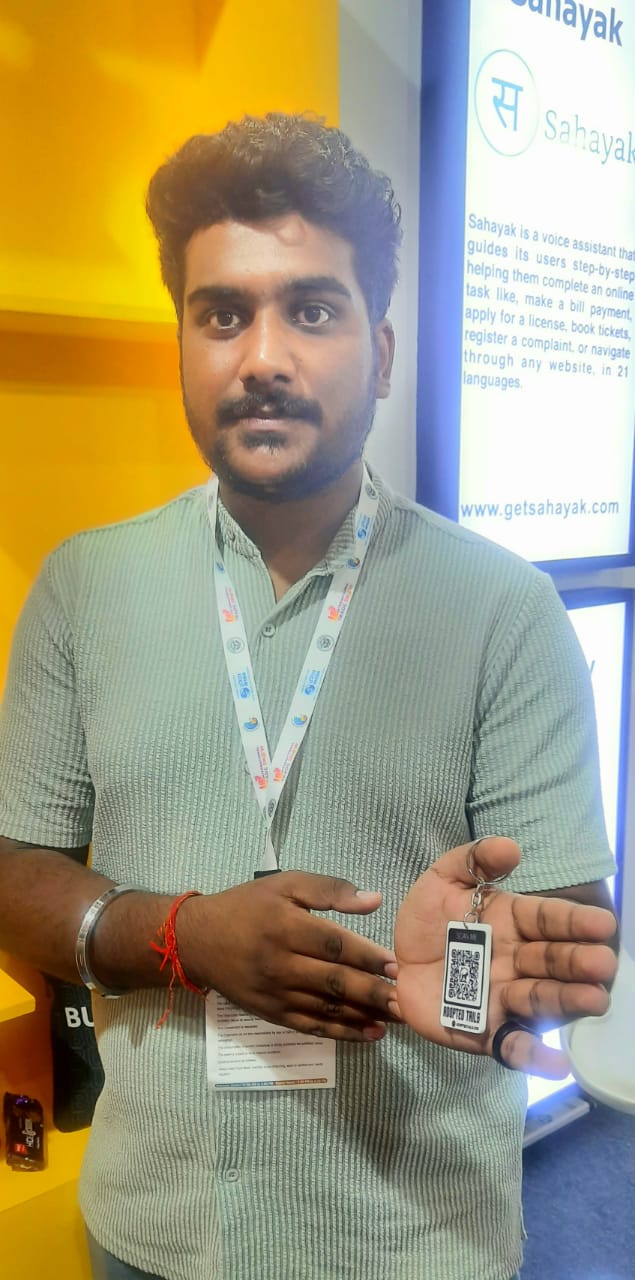EarthSURE Ecosolutions Pvt. Ltd., a trailblazing subsidiary of Ecosure Pulpmolding Technologies Ltd., is reshaping the landscape of India’s renewable energy sector with remarkable speed and purpose. Founded in 2024 and headquartered in Noida, EarthSURE operates with a clear and urgent mission: to build a cleaner, greener, sustainable, and more energy-resilient nation.
At the heart of EarthSURE’s strategy lies relentless innovation. The company delivers comprehensive, end-to-end solutions spanning Compressed Biogas (CBG), hydrogen electrolyzers, solar and wind energy systems, and electric mobility infrastructure. It transforms organic waste into renewable energy. It converts natural resources into dependable, clean power. Every offering is meticulously engineered to cut carbon emissions, reduce fossil fuel reliance, and propel India toward a sustainable energy future.
Yet EarthSURE’s ambition extends far beyond technology. Deeply aligned with the United Nations Sustainable Development Goals, the company actively fosters environmental responsibility while driving inclusive economic development and uplifting local communities.
What truly distinguishes EarthSURE is its integrated, forward-thinking model. Rather than deploying off-the-shelf solutions, it designs adaptive systems tailored to a range of environments—from remote rural villages to energy-intensive urban industries. By placing sustainability and customer-centric innovation at its core, EarthSURE isn’t simply contributing to the green revolution—it’s leading the charge.
As India accelerates its march toward energy independence, EarthSURE stands poised to power this transition—cleanly, responsibly, and with unwavering determination.
In an exclusive interview with The Interview World at the International Summit & Expo on Bioenergy Value Chain, hosted by the Indian Biogas Association, Govind Kumar, Business Development Manager at EarthSURE, sheds light on the company’s pioneering efforts to convert organic waste into sustainable products and solutions. He shares insights into their expanding global clientele, outlines untapped market opportunities in India, and details the environmental and investment prerequisites for installing their technology. The following are key takeaways from this insightful conversation.
Q: Can you share how Earth Sure is transforming organic waste into sustainable solutions, and what impact this has on the environment?
A: We are a young company, just five years old. Five years ago, we pioneered the invention of a unique machine in India—designed to transform agro-waste into sustainable products such as tableware, industrial packaging, and medical disposables. This entirely ‘Make in India’ machine is a game-changer in the fight against environmental harm. Our solutions replace plastic, thermocool, and EPE foam—materials that are detrimental to the planet. Our products are eco-friendly and naturally decompose, ensuring a healthier future for the Earth.
Q: Are the products manufactured using your technologies safe and healthy for end users?
A: Yes, absolutely. We convert agro-waste into tableware that is entirely plastic-free and fully decomposable. These products have no adverse impact on health, ensuring both safety and sustainability.
Q: What is the estimated decomposition time for these products?
A: It takes between 45 to 90 days for complete decomposition, depending on the prevailing weather conditions.
Q: Could you provide insights into your clientele both in India and internationally?
A: We have successfully installed over 45 operational plants across India. In addition, we are actively exporting our machines to Australia, Thailand, Tanzania, and Sri Lanka.
Q: What specific market opportunities do you see emerging in India?
A: We discovered this technology in India and began working on it in 2012. After years of development, we achieved success in 2019, successfully manufacturing the machine in India. Since then, we have continued to refine and improve our machines. Last year, we launched a fully automatic model, which requires no manual intervention.
We now offer two segments: semi-automatic and fully automatic. In the fully automatic version, just one operator is needed to manage four or five machines. In contrast, the semi-automatic version requires four to five laborers. This approach not only enhances efficiency but also contributes to job creation.
Q: Could you elaborate on the ecosystem and level of investment required to set up and operate these machines effectively?
A: The machine alone is insufficient; a complete setup is essential to process the pulp. This includes making the slurry, installing slurry tanks, refiners, and agitators, followed by the machine itself, finishing equipment, and trimming tools. For a plant with a 3-ton per day capacity, we require approximately 15,000 square feet of shaded area. The total project cost for this comprehensive setup is estimated at around six and a half crore rupees.
Q: Can small investors or MSME firms commercially leverage these technologies, and what kind of support or scalability do you offer for them?
A: Yes, our technologies are classified under the MSME category, and the government provides subsidies through MSME schemes. Depending on the state, the respective government offers a subsidy ranging from 25% to 35% of the plant cost. This support helps make the setup more accessible and cost-effective for businesses.
